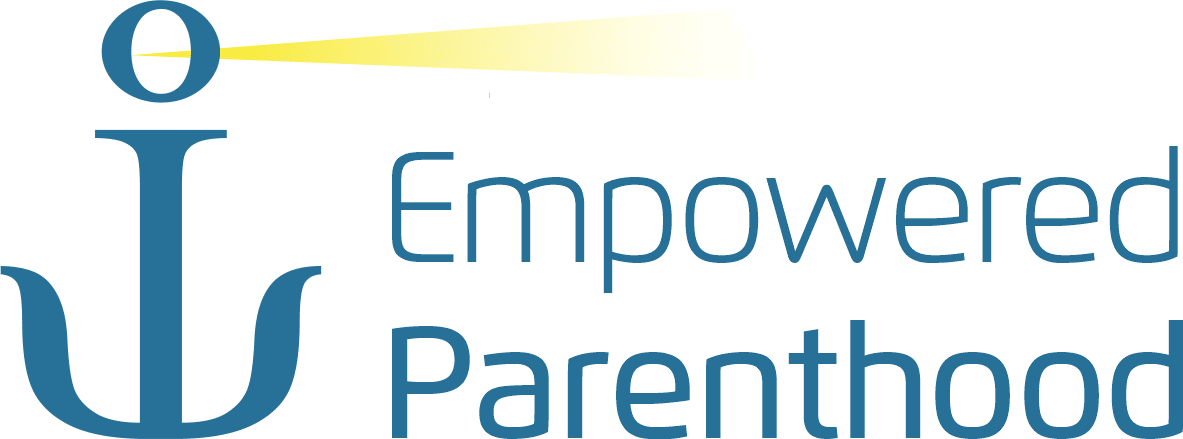Most parents in AED situations are convinced that AED is the only possible way for their adult child to go on living, and that disrupting it can only lead to suicidal behavior. In certain cases, these fears are backed by actual suicide threats made by the adult child before therapy begins or in response to the therapy.
Parents suffer deeply in suicide threat situations and often react ineffectively through panic, aggression, submission to the child’s demands, helplessness, or denial. These reactions have potentially negative consequences, and some may actually heighten the risk. The question is then, whether the parents can act in such a way to contain the negative emotions, resist the threat, prevent escalation, offer support, and strengthen the child’s will to live.
Suicide prevention programs, however important, do not address some of the major problems with AED such as the child’s refusal to cooperate in many cases; the parents’ extreme distress, which makes them clients in their own right and not only treatment agents; and the threat-interaction itself.
NVR/Suicide Threat (NVR/ST) intervention addresses the elements of threat and coercion that are present in virtually any expressed suicide ideation. The intervention stresses the need to actively resist the threat while preventing complementary and reciprocal escalation. It also recognizes parents’ distress as no less important than the child’s, and is relatively independent of the child’s cooperation and process of risk-assessment.
FURTHER READING:
- Helping parents cope with suicide threats of children and adults: An approach based on non-violent resistance (submitted for publication June 2014)
- Parent Training in Nonviolent Resistance for Adult Entitled Dependence
- La formation à la Résistance Non Violente pour les parents d’enfants adultes dépendants


